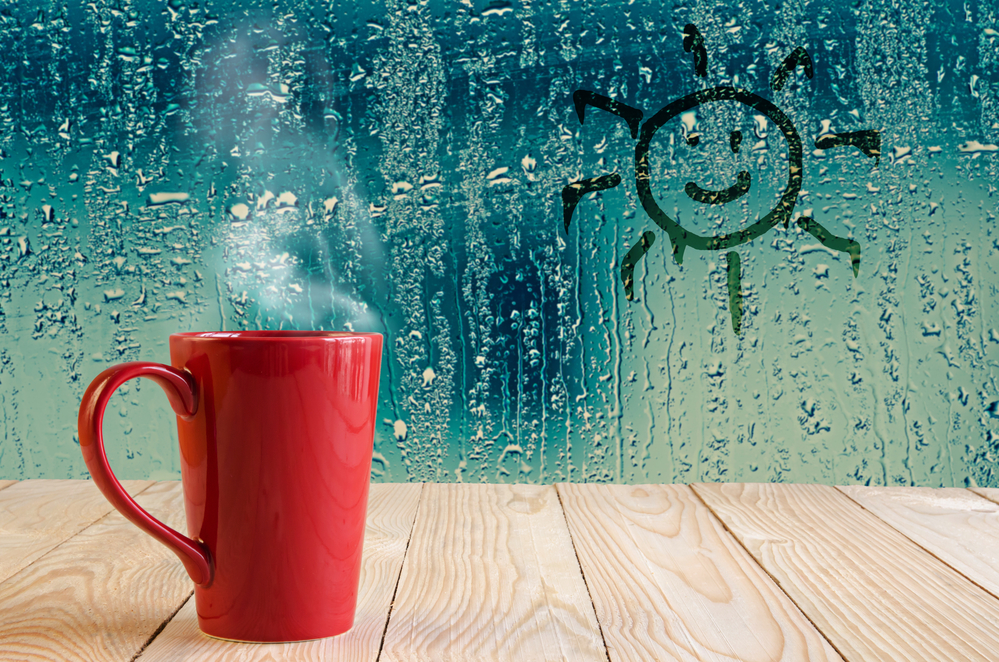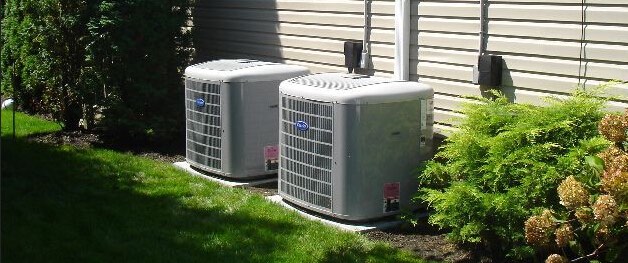Humidity in your home can cause a great amount of discomfort during the harsh summer heat. Even worse, humidity in your house can cause serious health hazards. The increased moisture in the air can lead to mold and rot on surfaces that pose significant health risks.

Your air conditioning will work diligently to reduce your humidity to a more comfortable level. When you reduce humidity in your home through simple steps, you are saving money on your energy bill. You are also providing better circulation and cooling of your home.
Keep you and your family safe and comfortable this summer by following these tips.
Dehumidifier
Buying a dehumidifier can save money on A/C in the long run. By dehumidifying the air, you make the conditions of your home feel cooler. Therefore, you can increase the temperature of your AC and save money.
Ventilation
Ventilating properly can also help to reduce humidity. Hot and long showers produce a great amount of steam that leads to humidity. Try putting the ventilation fan on while showering or opening a window. Also, try decreasing your shower time and temperature.

Another tip is to turn the fan on while you are cooking in the kitchen. The steam from boiling can cause humidity. Even better, cover all boiling pots and pans while cooking.
Fans increase circulation that can reduce humidity and condensation in your home. Add standing or portable fans in the most humid areas of your home like the bathroom, kitchen, and attic.
Laundry
Your washer and dryer produce a large amount of humidity. To reduce humidity, make sure to load the washer and dryer only when you have a full load. Another option is to dry your clothes outdoors which will also save money on utilities. Make sure that your dryer vents outdoors as well. If a dryer vents indoors, then you are just adding steam and condensation into the air.

Plants
Plants release moisture into the air. While plants open their pores to take in Carbon Dioxide, they also release water, creating moisture. If you have an abundance of green in your home, you may want to consider moving some plants outside. Over-watering plants can contribute to adding moisture to the air. Only water plants and flowers when necessary. The same goes for plants outdoors. Overwatering will create puddles near your foundation, increasing humidity.
Outdoors
Make sure that downspouts are draining water away from your home rather than creating wet areas by your foundation. You can try redirecting downspouts so that the water falls away from your home by at least five feet rather than settling around it. It’s also a good idea to plant your garden at least one foot away from the border of your home.
Gutters and downspouts should be kept clear at all times. By regularly checking gutters and downspouts you can ensure that your home will be kept humidity-free. Don’t forget to check for leaking faucets while you do your outdoor maintenance routine as well. Leaking faucets lead to pools of water that damage your foundation, bills, and indoor humidity.
Check Your A/C

Although it may be difficult, increasing the temperature on the A/C can help reduce humidity. An alternative to blasting the A/C is to raise the temperature but then turn on the fan instead. As temperature increases, humidity decreases.
Your A/C drain lines and drip pans, which are the pipe and pan which carries water from humidity outside of your home, are often an overlooked source of humidity. Make sure that they are well checked and kept clear of water build up.
Insulate
Multiple areas of your home can cause moisture to humidify your home. Your windows, pipes, basement, and attic act as entryways for moisture. That, in combination with steam from showering and cooking, can equate to 18 gallons of water per week in a medium sized home. Insulating these areas can help decrease humidity and lower your heating and cooling bill throughout the seasons.
Keep Surfaces Dry
The easiest way to reduce humidity in your home is to keep surfaces dry. After washing dishes, make sure to dry your sink and counter. The same goes after brushing your teeth or taking a shower.
When left alone, the seemingly harmless water puddles will lead to mold (the brownish black color in between tiles and in shower corners). Have a dish rag or worn-out towel by your kitchen and in your bathroom to dry areas where water piles up easily and is usually left to dry on its own.

If you have tried many to all of these preventatives to humidity, the problem may be your A/C unit. A/C in your home usually has features to eliminate humidity. If you think these features are broken or aren’t working to their highest capability, call us at (860) 314-1518 and we’ll schedule a time to come out, take a look, and fix the problem and/or provide any recommendations to help reduce the humidity in your home.






